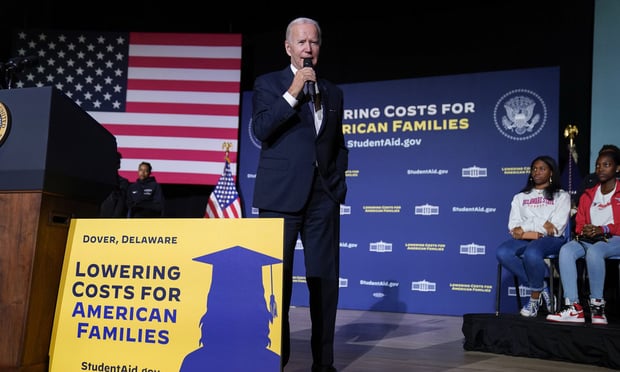Remember all the best-laid plans we had? Well, every so often nature throws a curve ball. And COVID-19 is the mother of all curve balls. But things don't have to go awry. In fact, some were made for times just like this.
There are many important holes to be plugged by human resources right now, but life doesn't have to be impossible for remote-based 401(k) plan sponsors, (see "How Do 401k Plan Sponsors Administer the Plan From Home?" FiduciaryNews.com, March 31, 2020).
Let's start, however, with the 800-pound gorilla sitting in the corner. A business does not exist for its 401(k) plan. But the 401(k) plan does exist for the business. That's a critical distinction.
We can break down the current challenges 401(k)k plan sponsors face right now into three categories.
#1: Top priority: Keep the company functioning.
This is the very oil that greases the entire machine. The company needs to continue, otherwise there's no revenues, no salaries, no employees, and, ultimately, no 401(k).
It's paramount that companies focus on what they need to do to keep making products, keep making service, and, in general, keep the wheels of their business turning. And they have to do it in a totally new environment. We have all now entered "the cloud." Businesses that can stake a claim in the virtual market will do more than survive – they will thrive.
Companies that can successfully tackle this will find themselves leading the coming recovery.
#2: Keep the 401(k)operating smoothly.
While it may not seem a priority, part of keeping the company functioning includes keeping the 401(k) operating smoothly. Here the world has changed dramatically. And maybe for the better.
Employees will continue to have questions about their 401(k)plan, perhaps now more than ever. And because of that, now more than ever it's paramount that companies answer those questions.
Trouble is, the prevailing template has the relevant service provider come to the company conference room, gather up all the employees, then let the free-for-all begin.
That method of communication doesn't work right now. It needs to be replaced. Maybe with an old-fashioned conference call. Maybe with one of them thar new-fangled "Zoom" or "GoToMeeting" apps.
No matter which way they do it, plan sponsors need to be especially sensitive to the communication needs of their employees.
#3: Deal with whatever happens next.
Here's the hard part: Something is going to happen next. What it is depends on the success in executing the top priority above. If successful, a company can stay running on all cylinders, any work slowdown will be temporary, and all employees will remain working (if only remotely).
If there's a hiccup or worse, then things will begin to happen that may not be great. The CARES Act has opened up retirement plans for more hardship withdrawals. The less successful a company is at keeping the business running, the more likely employees will need to withdraw from their 401(k) plans.
That's when things might start to get tight in the ol' HR department. Can the plan sponsor – or, more appropriately, the plan's service providers – handle a flood of hardship withdrawal requests?
Let's hope we never have to test the limits there.
Stay safe and keep the cash register ringing.
READ MORE:
© 2024 ALM Global, LLC, All Rights Reserved. Request academic re-use from www.copyright.com. All other uses, submit a request to [email protected]. For more information visit Asset & Logo Licensing.









